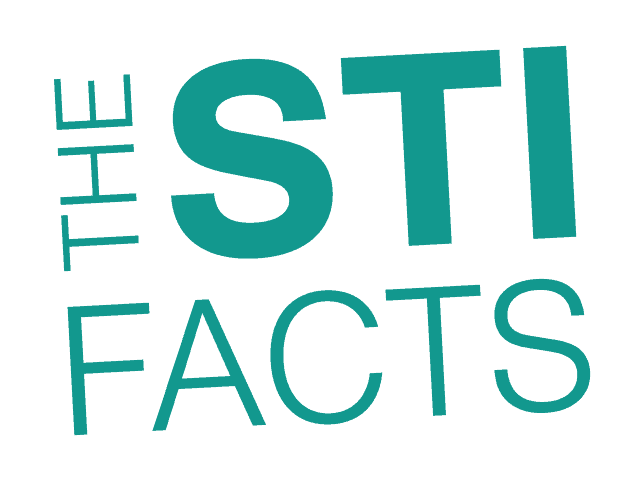Exploring the benefits and purpose of a dental dam Dental dams may not be trending across social media but could this lesser-known barrier method be a good option for you? What is a dental dam? A dental dam is a thin, stretchy piece of latex or polyurethane that can be […]
Getting tested for sexually transmissible infections (STIs) is an important part of looking after your health. But did you know you can request an STI test from your own home? Online STI testing makes it easier than ever to access important health services, and it’s available right here in NSW! […]
After years of hard work, it’s finally time to let loose and celebrate. But as fun as schoolies can be, it’s important that you stay safe, including when it comes to sex. Use condoms The easiest way to practice safe sex? Use condoms. Condoms act as a physical barrier, preventing […]



